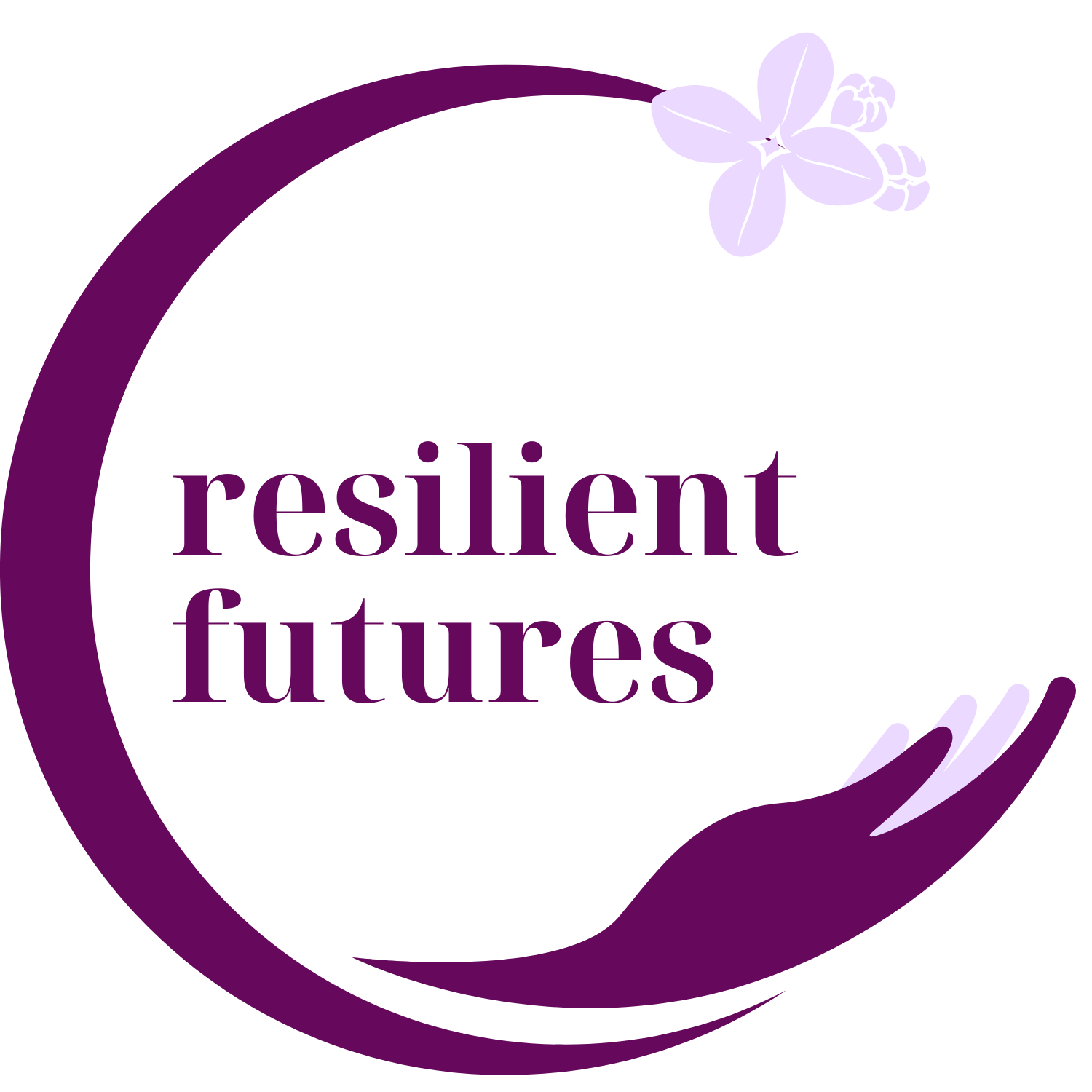Why Trauma-Informed Practices Aid in Building Sustainable Communities
In today's educational and youth-serving communities, adopting trauma-informed practices, guided by the 4 R's framework—Relate, Reflect, Renew, and Restore—is paramount for sustainability and resilience. These practices prioritize safe, nurturing environments, acknowledging and addressing trauma's impact. By teaching children emotional recognition and connection-building with trusted adults, while challenging systemic inequities, trauma-informed approaches shape lifelong resilience and empower individuals to foster inclusive, equitable communities.
Sign up to read this post
Join Now
